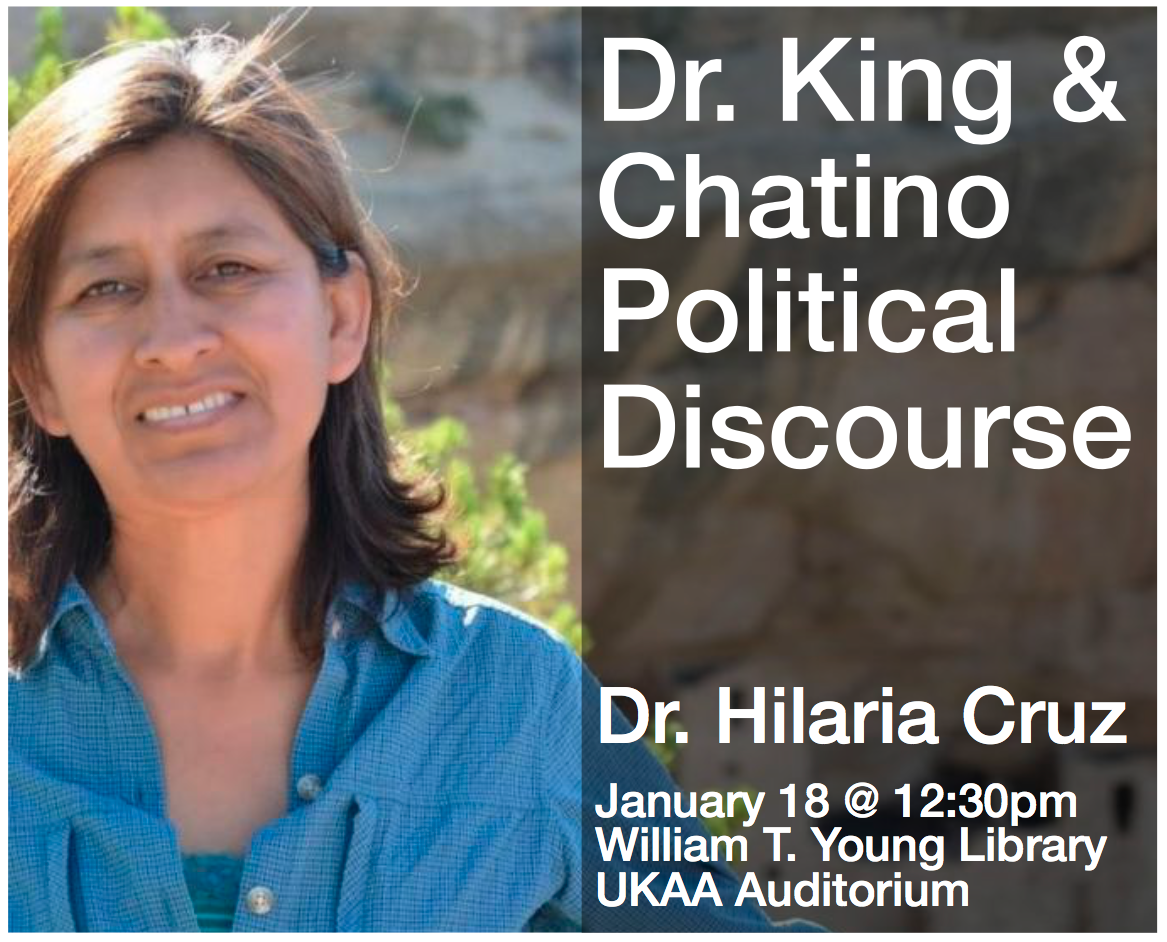CANCELLED: Language Diversity in Educational Settings
Dunstan is the NCSU Assistant Director of the Office of Assessment. Her research examines dialect as an element of diversity that shapes the college experience, particularly for speakers of non-standardized dialects of English. Dunstan and Jaeger (2015) found that students from rural, Southern Appalachia felt that their use of a regional dialect put them at a disadvantage in the college classroom. The students interviewed by Dunstan reported that “they had been hesitant to speak in class, felt singled out, dreaded oral presentations, tried to change the way they talked, and felt that they had to work harder to earn the respect of faculty and peers”. In addition to speaking about her work with Appalachian college students, Dunstan would accompany members of the Department of Linguistics to a meeting with the UK office of Academic and Student Affairs to discuss how to meet the needs of all UK students, regardless of linguistic background.

